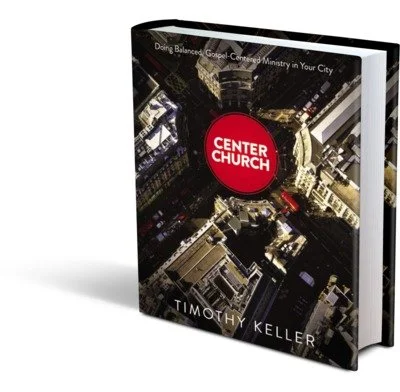While wrestling with heresies in the Roman world, 2nd-century Christians began combining crucial doctrines into creeds to help converts prepare for baptism.
Soon, the Apostles' Creed emerged as a cornerstone of Western Christianity, with short, ringing phrases that millions recite to this day.
This is not the stuff of viral videos: "I believe in God, the Father almighty, Creator of heaven and earth, and in Jesus Christ, his only Son, our Lord, who was conceived by the Holy Spirit, born of the Virgin Mary, suffered under Pontius Pilate, was crucified, died and was buried; he descended into hell; on the third day he rose again from the dead; he ascended into heaven, and is seated at the right hand of God the Father almighty; from there he will come to judge the living and the dead. I believe in the Holy Spirit, the holy catholic Church, the communion of saints, the forgiveness of sins, the resurrection of the body, and life everlasting."
However, the Edina Community Lutheran Church in Minneapolis created a stir recently by posting part of a Pride Month service that featured a radically modernized take on the faith passed down through the ages — the Sparkle Creed.
"I believe in the non-binary God whose pronouns are plural. I believe in Jesus Christ, their child, who wore a fabulous tunic and had two dads and saw everyone as a sibling-child of God. I believe in the rainbow Spirit, who shatters our image of one white light and refracts it into a rainbow of gorgeous diversity," affirmed the congregation, which -- in the video -- appears to consist primarily of aging Baby Boomers.
"I believe in the church of everyday saints as numerous, creative and resilient as patches on the AIDS quilt, whose feet are grounded in mud and whose eyes gaze at the stars in wonder. I believe in the call to each of us that love is love is love, so beloved, let us love. I believe, glorious God. Help my unbelief."
Online commentary noted that this text was not created by the Evangelical Lutheran Church in America, a mainline Protestant flock that now ordains LGBTQ pastors living in committed relationships.
The Sparkle Creed was circulated in 2021 by the Rev. Rachel Small-Stokes of Immanuel United Church of Christ in Louisville, Kentucky. A "Shower of Stoles" website biography notes that she was raised United Methodist, served as a missionary in that denomination and trained for the ministry. However, she switched to the United Church of Christ -- which began ordaining gay ministers in 1972 -- before being ordained in 2009 and marrying her lesbian partner in 2012.
On Facebook, she explained that this creed began with a computer glitch.
"I was voice-to-texting 'the Apostle's creed' to a colleague, and it translated as "The Sparkle Creed," wrote Small-Stokes. "I decided that's exactly what we need for Pride Month. So here's my first jab at it. Feel free to share if it moves you."










